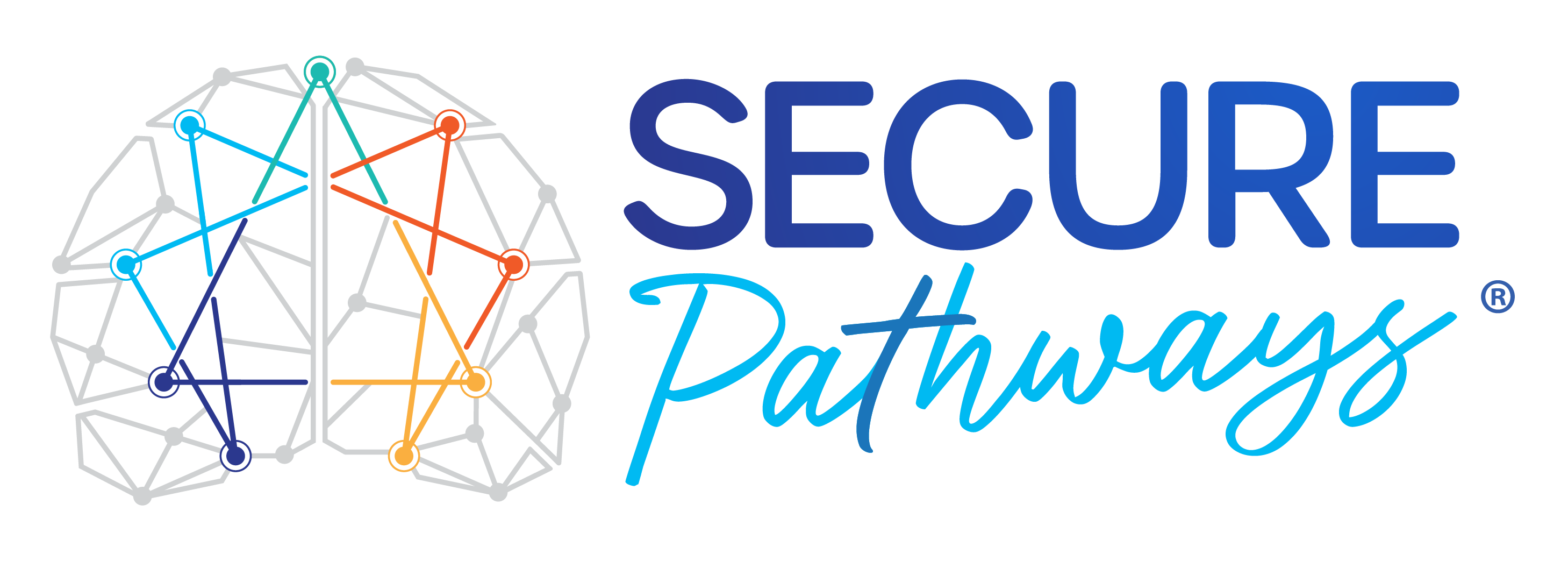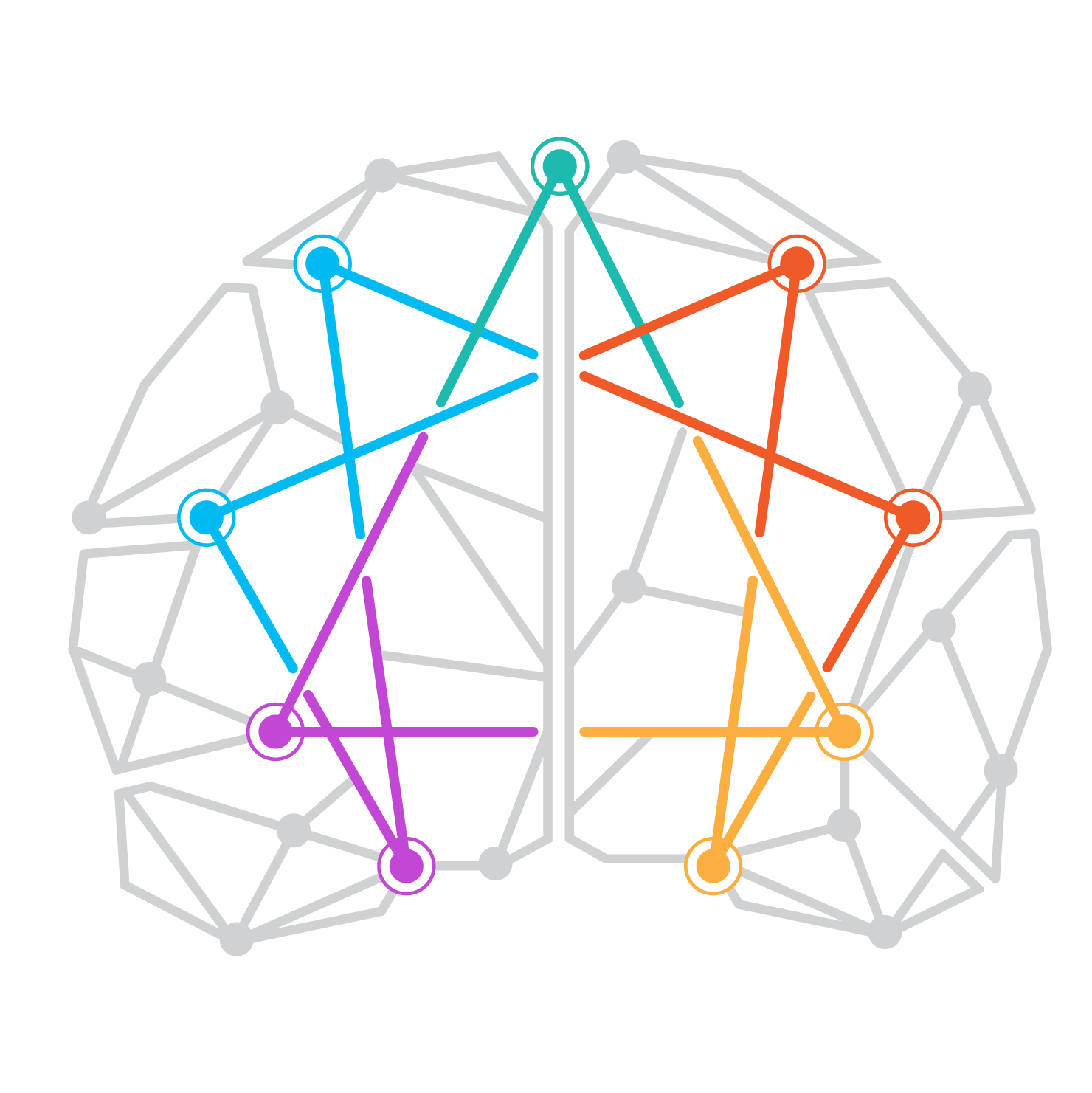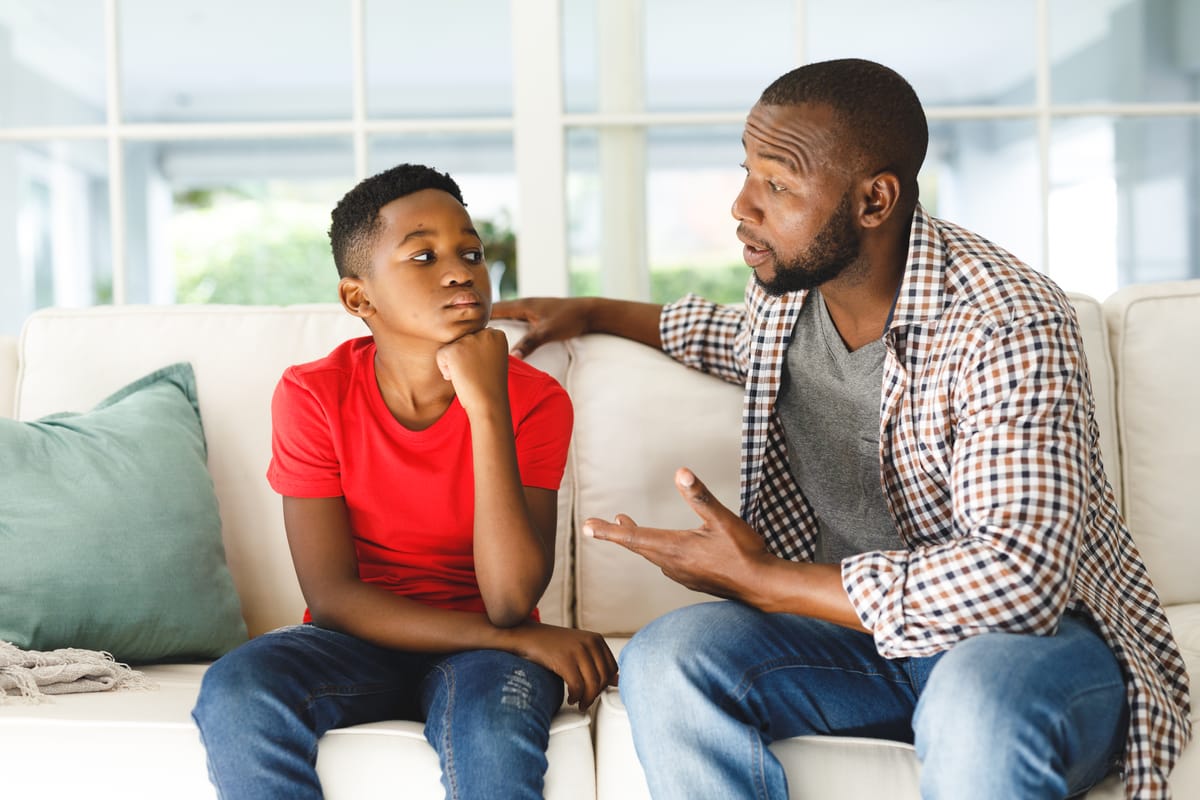If you are in the middle of a child’s temper tantrum, you are likely not thinking about the benefits of your children’s emotions! You may be thinking about where you can go to get away from the chaos or maybe wishing that your child came with an instruction manual or maybe wondering why you are so angry. Hang in there with me for a minute as we look at the UPSIDE of kids’ emotions. (Preview: Next week we will talk about how to help you manage your children’s emotions, so stay tuned…)
Just because something is good does not mean that it is easy or comfortable! I would prefer that my kids are just happy all the time, but the reality is that this world is broken and life can be hard. And, I want my children to know that I am right there with them in helping them navigate the hard places. If you want to have a close relationship with your children and if you want them to fully live into the person God created them to be, then being attentive to your kids’ emotions is essential. You are probably wondering how our children’s emotions, especially negative ones, have a positive purpose. Here are several of the major upsides of our children’s emotions:
Emotions and big behaviors are communication.
Adults don’t have emotions for no reason and neither do children. (That does not mean that emotional reactions are always logical.) Children tend to hide their emotions less than many adults, which actually can help us have more insight into what they are experiencing and communicating. Your child is reacting to something when they express an emotion or a mixture of emotions. For example, if you are at a neighborhood picnic and you are talking to a couple who just moved in down the street, and you ask your 4-year-old son to tell them how old he is, he may wrap his arm around your leg and peer at them from around your leg. When your son does not reply, he is communicating something. He is not being defiant. He is letting you know he is uncomfortable, anxious, and feeling shy.
Emotions signal a need, often an unmet need for connection.
Although most parents don’t enjoy it when their children are angry or irritable, it is meant to grab our attention. Anger is often a secondary emotion, which means that it comes in response to a primary emotion that is difficult to acknowledge. Hurt and fear are often quickly turned into anger. If our children are feeling hurt, regardless if it was caused by us or someone else, they are needing us to acknowledge the hurt and comfort them. When we try to understand them, it helps them to feel more connected and supported. If they are feeling scared, they may need us to protect them or take charge of a situation so it doesn’t feel so scary. When we recognize their need and take control, they feel safe. So often, parents dismiss their children’s feelings and this makes the child feel dismissed or unimportant or misunderstood. By paying attention to their emotions, we help our children feel connected.
Emotions provide an opportunity for us to help them co-regulate/teach them how to handle their emotions.
We get to help them develop a valuable life skill that is associated with many positive outcomes in later teen years and adulthood. That is one of the major goals of raising children. As parents, our children need us to help them manage and regulate their emotions, which is called co-regulation. Babies and young children are not meant to regulate their emotions by themselves much of the time. When a baby is crying, we pick them up and bounce them and talk to them in soothing tones–this is co-regulation. When our toddler is trying to move a chair to reach her stuffed bear under the table and starts whining, she is signaling frustration and the need for help. This is a time to validate her feelings and then give her a little assistance. She learns that asking for and receiving help makes her feel better. If we are consistent in helping children co-regulate their emotions when they are young, they will develop the ability to do that more on their own as they get older. But, please note, even adults are not meant to deal with all their feelings alone all the time. The goal is to balance managing your own feelings and getting help with your feelings sometimes. The key is knowing when to seek out help and when you can manage your feelings by yourself (more often than not).
Emotions can lead to emotional intimacy and closeness.
It is a relationship-building moment that gives us the opportunity to learn more about our child and try to understand their world (both internal and external). Emotions often signal the need for comfort–both using words and physical touch. (Safe) Human touch is an important connection with others. Talking about feelings and the situation that caused those feelings helps us get to know our children and develop more trust and confidence in each other.
When we do not pay attention to our kids’ feelings and help them co-regulate, then their emotions can get bigger. When their feelings get bigger, children become overwhelmed and don’t know how to handle the intensity they feel. This can come out in big behaviors, such as having a tantrum, throwing a toy, getting aggressive, saying something mean, self-harming (especially for older children), withdrawing, or or being lethargic. Over time if we are not attentive to our kids’ emotions, children learn to minimize and ignore their emotions or to develop a pattern of big or explosive behaviors. If you are wondering about how to help children co-regulate, we will talk more about that next week. I want you to start paying attention to your kids’ emotions–just notice the times when they get emotional.
Questions to ponder:
Would you be willing to observe when your child is struggling and be curious about what is happening for them (even if you think understanding your child’s emotions seems pointless)? It might be helpful to make some notes for each observation and then reflect over the observations after a week or two to see what you notice.
If you attend to your children’s emotions, how do they respond?
If a friend or spouse attends to/asks about your emotions, how does it feel to you or what do you think about it?



